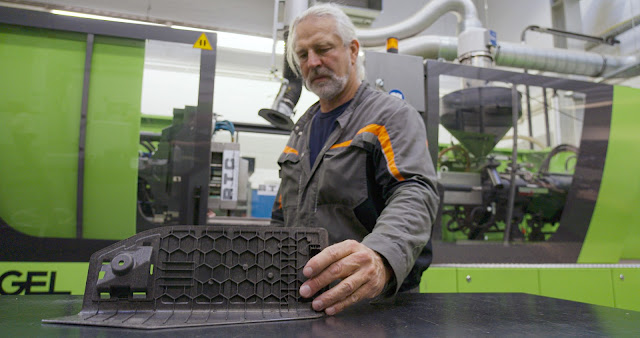Parts of your future car could be made from olive trees
Olive trees bear a fruit that is consumed all over the world, as snacks, oil and tapenades. Now, we have explored using branches, twigs and leaves that are discarded during harvest for more sustainable auto parts.
The trial was conducted as part of the COMPOlive project that is committed to delivering environmental change in olive production, using biocomposites instead of plastic, and supporting the circular economy.
“In order to get the mix just right, we had to experiment with different ratios of waste material and polypropylene. It was hard work, but it ultimately enabled us to produce a material that shows no compromise in strength, durability, or flexibility.”
Thomas Baranowski,
injection moulding expert
“At Ford, we’re
always looking for ways to become more sustainable and sometimes inspiration
can strike from the most unlikely places. In using the waste from olive trees,
we have been able to substitute a significant amount of petroleum-based raw
material in the interior parts. The sustainable fibres create a unique surface
appearance and would be directly visible to our customers.”
Inga Wehmeyer,
project lead, Ford
1. https://www.andalucia.org/en/eno-gastronomy/scents-and-flavours-of-andalusia/oils


Comments
Post a Comment
Dear Commenter: please note that comments appear after moderation. Do not submit spam. Thanks! 👍